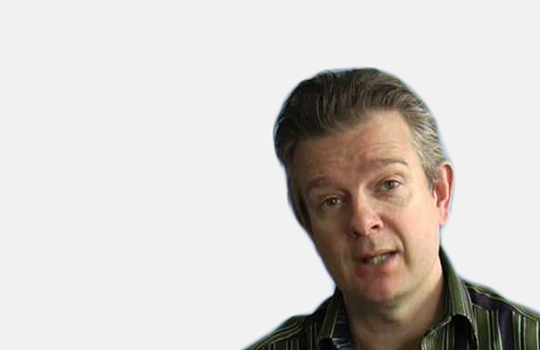Timing can be everything. A policymaker once said to me that a perfect piece of analysis arriving the day after a decision has been taken is useless. Obvious, but worth repeating. Because in discussing how we maximise the impact of research, we often overlook the role of serendipity and timing. We advise researchers on careful […]
Adesoji Ademuyiwa: Improving child survival following emergency surgery
As a paediatric surgeon in Nigeria, my experience is that child survival following emergency surgery is lower compared to children in more developed countries. This is especially the case in the neonatal period. Studies in countries with a low to middle Human Development Index (HDI) have documented several challenges associated with this issue—delays in presentation […]
Mary Higgins: Where dartboards and dominos meet after an adverse event
Occasionally, when talking to women who have experienced an adverse outcome, I come across someone who takes me completely by surprise with their kindness and generosity. These are people who entered pregnancy expecting only one outcome, and exited with a completely different one—their dreams in shreds. And yet these amazing people can ask how a […]
Jonathan A Michaels: Bridging the gap between academics and practitioners
During my career as a clinical academic I have seen considerable changes to the clinical, academic, and financial structures within the NHS associated with the introduction of evidence-based practice and elaborate systems for evaluating and recommending on the use of healthcare technologies. [1] Whilst the improved use of research evidence and explicit consideration of the […]
Katherine McKenzie: Supporting human rights, one patient at a time
I saw the first asylum seeker around ten years ago in my clinic. He came from a country with an autocratic president against whom he had peacefully protested. The government would not accept dissent from its citizens and they arrested, detained, and tortured him. He was released, but he was told that he would be […]
Penny Pereira: Dr Flow—the role of the medical profession in improving flow
Packed waiting rooms, delays in getting results, ambulances queuing, patients and results getting “lost” in the system: the daily frustrations facing people using and working in the NHS have become so familiar, it’s easy to start to accept them as inevitable. Or, even if these obstacles are not seen as inevitable, the effort needed to keep […]
Nick Fahy: Can real inter-sectoral working address deep-seated inequalities?
Many doctors will have had the frustration of dealing with health problems that are actually the result of much more deep-seated social inequalities, some with their roots going all the way back to education and childhood. But how do we avoid just putting plasters on these underlying problems? How do we address these wider issues […]
Julian Sheather on why we must retain the Human Rights Act

When we sicken in the UK most of us turn to the NHS for care. The majority of doctors here have also been trained in the NHS. Medicine in the UK is therefore deeply involved with the state. Modern developed states are both powerful and, to an extent, impersonal. They can be an enormous force […]
Nitika Pant Pai: HIV self-testing can help end the AIDS epidemic
Although much progress has been made in tackling HIV, in 2015 there were over 36 million people living with HIV, and over 2 million people become newly infected with HIV each year. But the ambition to end HIV is strong. Two years ago UNAIDS announced its 90-90-90 initiative. By 2020, 90% of all people living with […]
BMJ Christmas appeal: Training eye teams is vital to producing change
The BMJ has chosen Orbis for this year’s Christmas charity appeal. Orbis has been working in Vietnam since 1996, and over the past 20 years has helped to establish five paediatric ophthalmology centres and rural paediatric eye health services; helped develop Vietnam’s first national eye bank; and funded the first wet lab in Vietnam, in […]